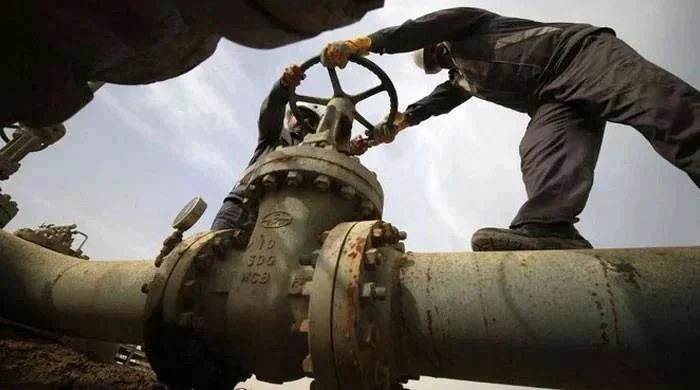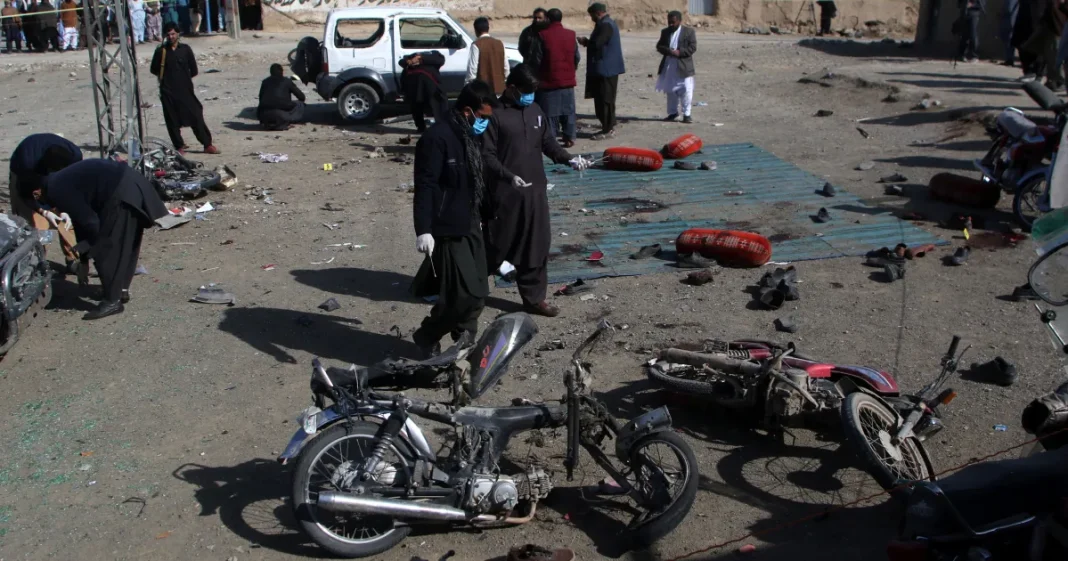As Pakistan faces a sharp decline in RLNG (Re-gasified Liquefied Natural Gas) consumption, a new decision to shift the industrial sector from gas-based Captive Power Plants (CPPs) to the national grid, in line with IMF recommendations, is expected to result in a significant revenue loss for the Sui gas companies, amounting to Rs420 billion annually.
The Ministry of Energy’s senior officials revealed that these CPPs, essential for sustaining industrial activities, currently provide Rs420 billion in annual revenue. Additionally, the industry contributes a cross-subsidy of Rs100 billion, benefiting protected gas consumers. If CPPs are disconnected, the government would need to find new consumers using over 300 mmcfd (million cubic feet per day) of gas, which has become increasingly challenging due to reduced gas demand. The high pressure in the national gas pipeline system is a clear indication of the reduced consumption.
The possible disconnection of CPPs poses a threat to the Rs100 billion subsidy provided to protected gas consumers, which might have to be covered by the federal budget if alternative revenue sources are not found.
In an effort to discourage gas use by CPPs, the gas tariff for these plants has already been raised by Rs275 per MMBTU (million British thermal units), bringing the total tariff to Rs3,000 per MMBTU, with plans to further increase it by Rs700 starting January 2025. Additionally, a revised gas allocation merit order is being proposed, which would place CPPs at the bottom of the priority list for gas supply, alongside the CNG (compressed natural gas) sector.
Meanwhile, the Power Division has informed the Petroleum Division that if the entire industrial sector is shifted to the national grid, an additional 4,000 MW of electricity would be required. This would necessitate a Rs20 billion investment to build new 11KV and 132KV grid stations, with the former taking six months to complete and the latter requiring up to two years.
The government’s approach to phasing out CPPs raises concerns over the potential economic impact on the gas industry, the sustainability of subsidies for protected consumers, and the broader challenges of transitioning industries to alternative energy sources.



